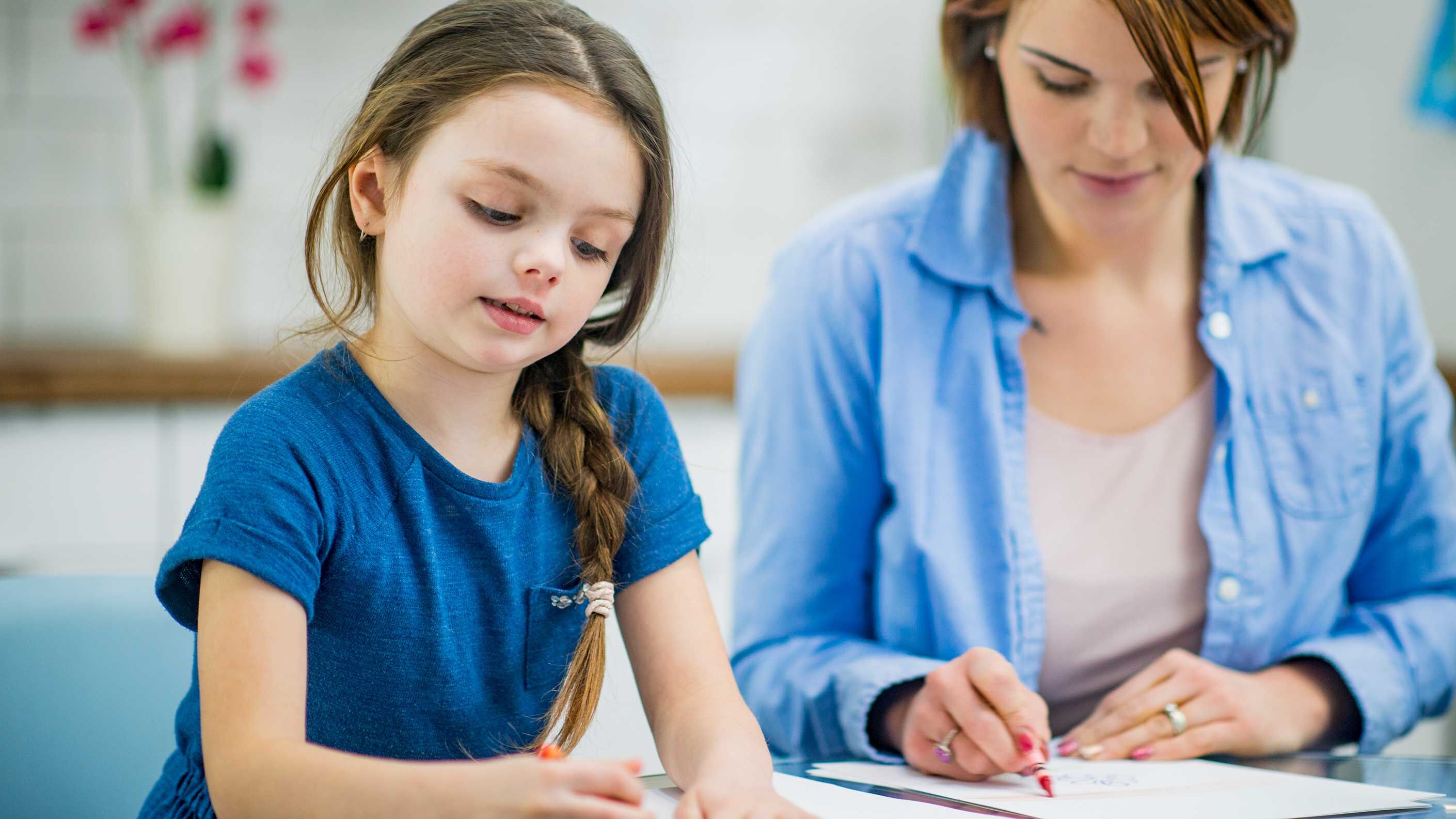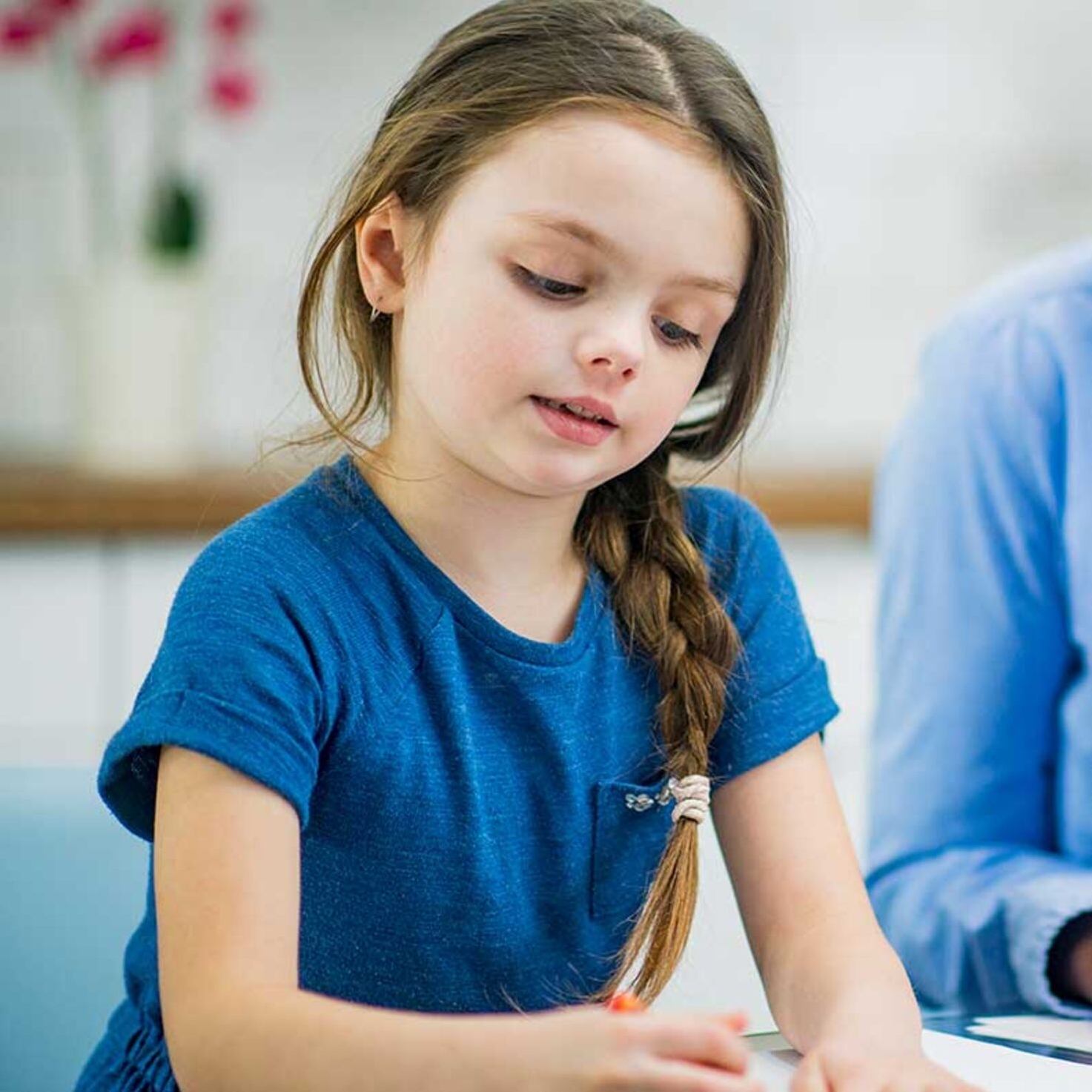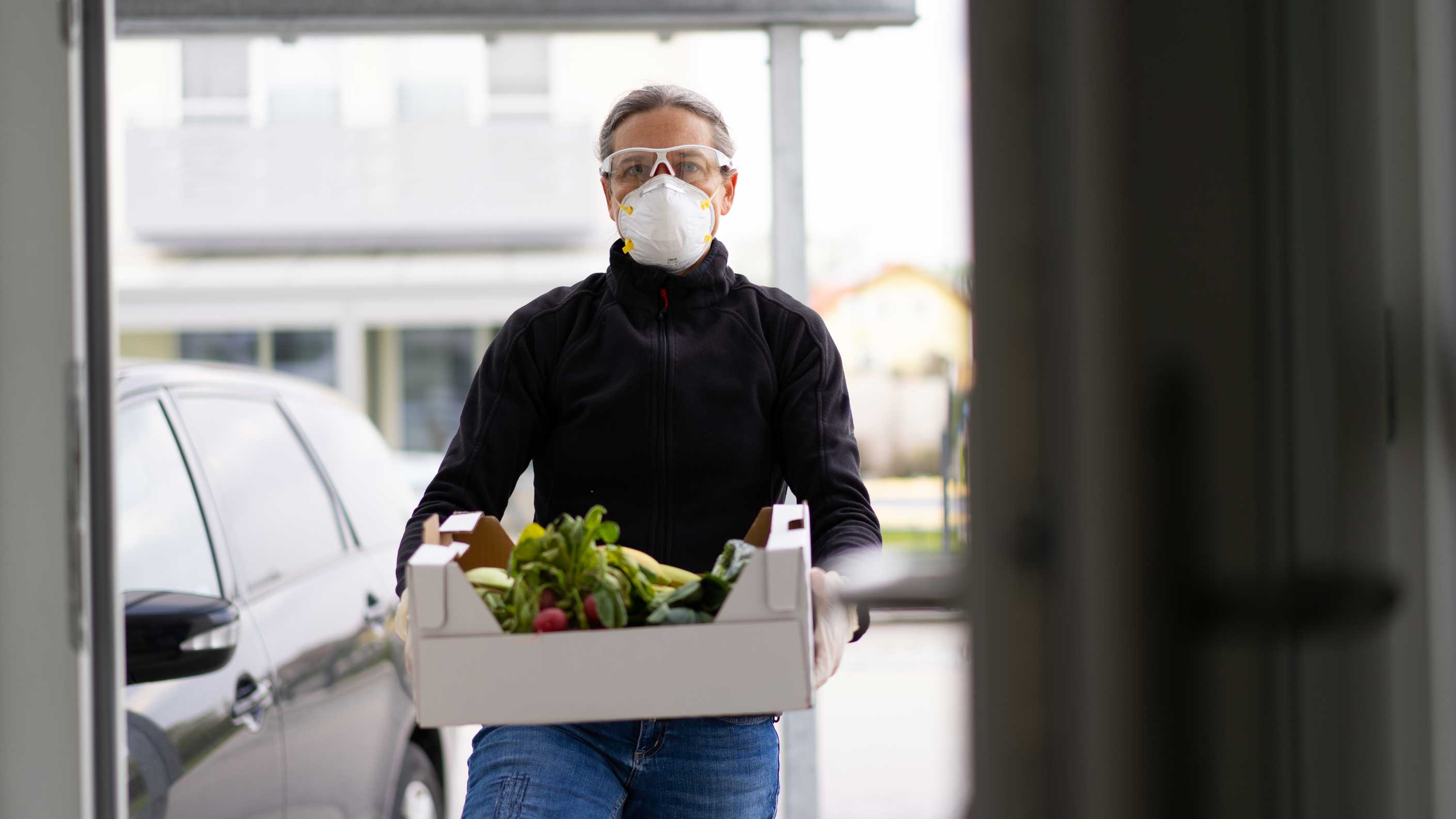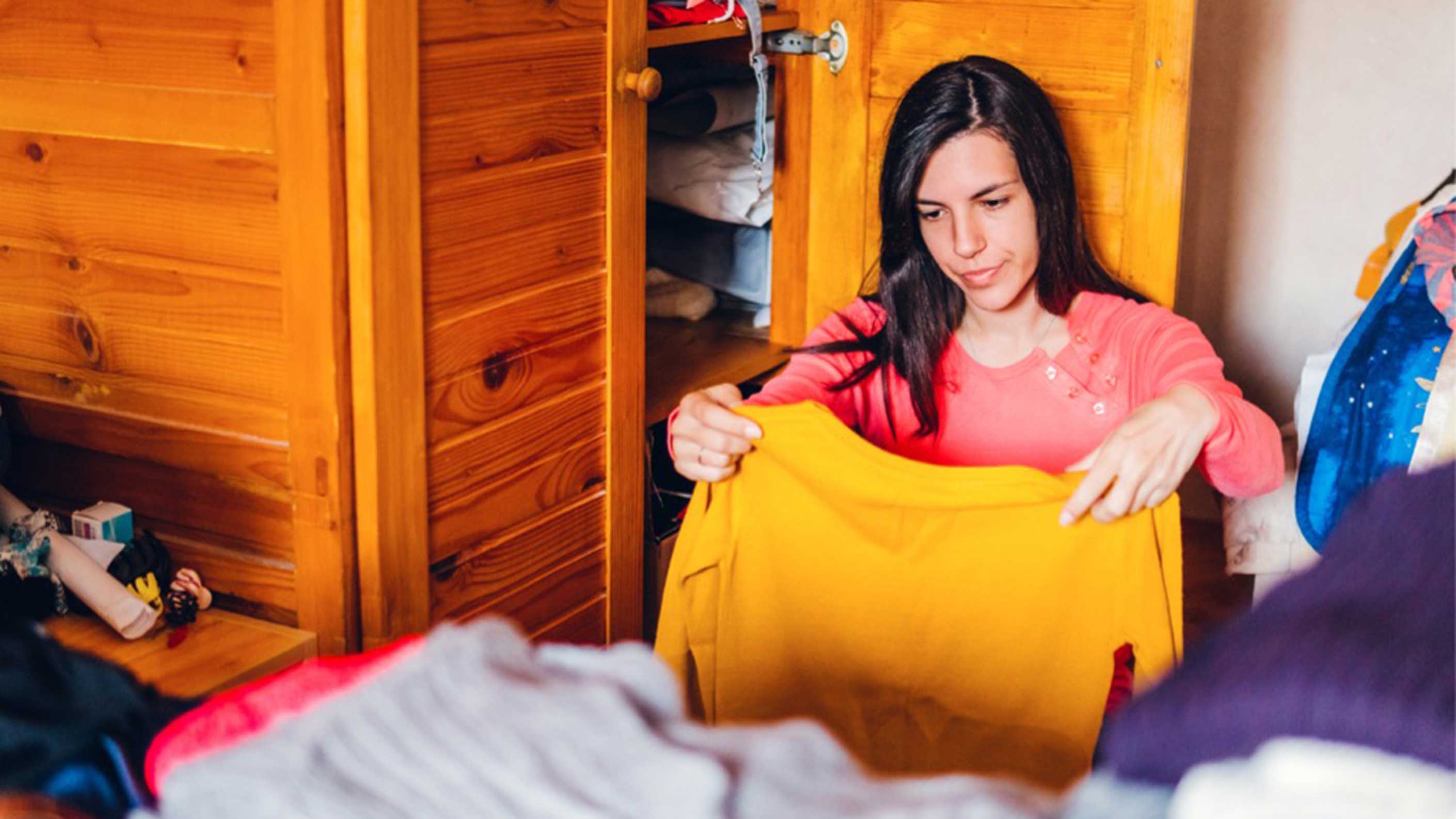Six tips from our homeschooling expert
Jeanine Keller’s children have never attended school. The Zurich mother-of-two has always homeschooled her kids, so she is something of an expert in how to make it work.
You have always homeschooled your two daughters. Why is that
My eldest daughter started going downhill at kindergarten. In an adult, you would have probably called it burnout or depression. And when she started having nightmares about kindergarten during the holidays, my husband and I decided to keep her away for a while. This break really did her good and restored her sense of curiosity and creativity. That’s why we decided to continue keeping her at home.
‘We could go back to setting our own routines.’
Jeanine Keller
Was the idea of homeschooling new to you at that time?
My sister-in-law had recently started homeschooling her kids. When she first told me, I thought ‘Oh, no, those poor kids!’ But I soon realised that I was jumping to conclusions without knowing anything about homeschooling. The more I learnt about homeschooling, the more it appealed to me. When my daughter finally reached the age when she would normally start school, we decided to continue teaching her at home. This was partly due to the fact that she is very bright and would have had to go straight into second grade. This wouldn’t have allowed her time to find her feet in the school system. We didn’t want to do that to her, especially now she was doing so well.
How did you find the transition to homeschooling?
Wonderful. As a mother, I have always incorporated my kids into my daily life. For example, we have always cooked and run errands together. I also loved the fact that we could go back to setting our own routines. That wasn’t possible when they were at kindergarten. It didn’t really suit my daughter’s needs, and she couldn’t do the things that really interested her. For example, if she needed a little rest, she wasn’t allowed to go to the break room on her own. At home that’s no problem.
Homeschooling: six tips from Jeanine Keller
- Set a daily routine – but stay flexible. If your child is happily engrossed in something, lunch can wait an hour. ‘But whenever possible it’s good to stop or take a break while your child is still having fun,’ says Jeanine.
- As a parent, if you need a break, spend lots of time with your children first. That way they’ll find it easier to concentrate on something on their own. Jeanine calls it ‘filling the attention tank’.
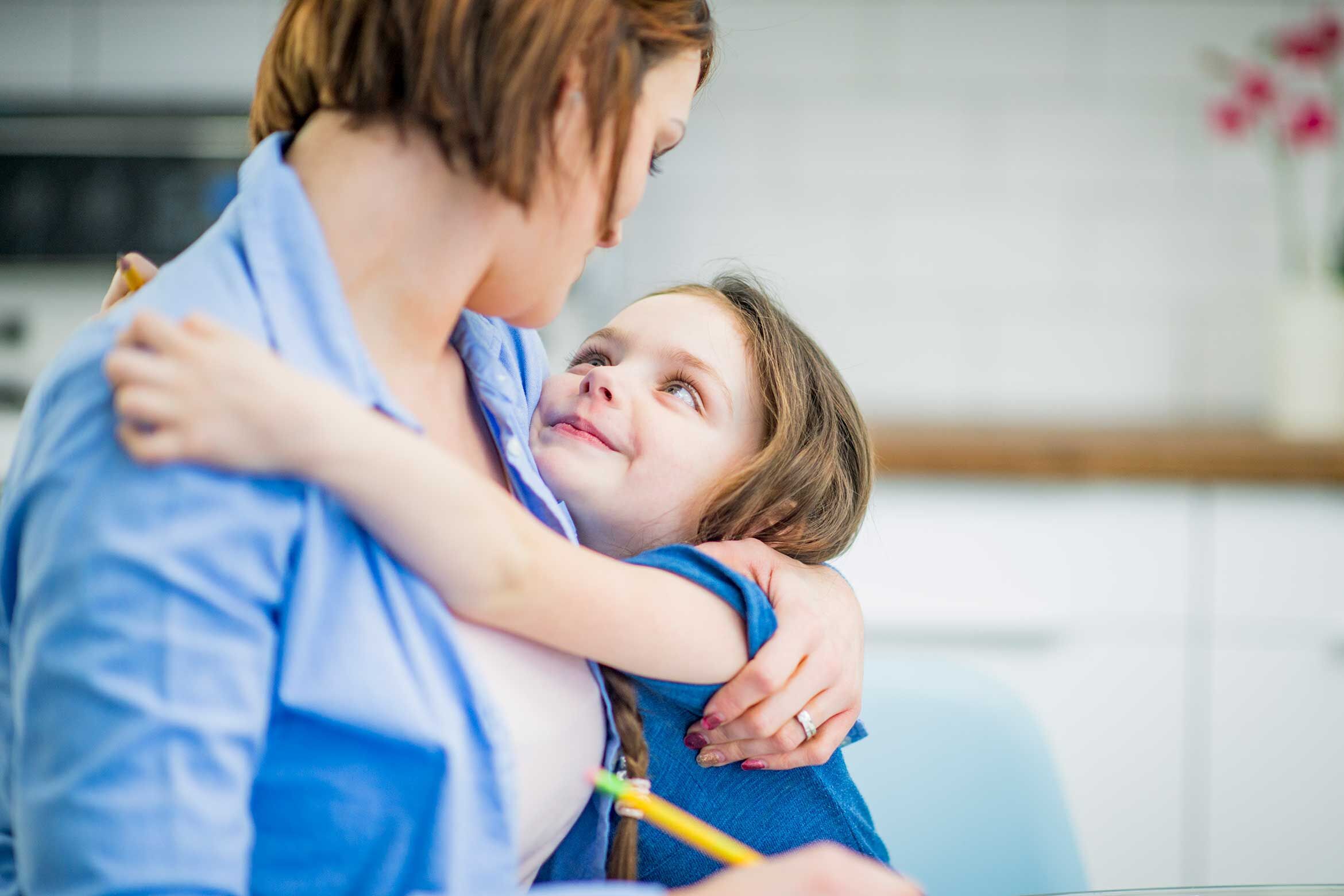
- It’s easier to plan learning content if you know the long-term goals, so ask the teachers if they can assign both weekly and monthly tasks.
- Parents need to be role models and show they also need arithmetic and so on. It’s a good idea to integrate what the children are learning into daily life, as they will be more motivated if they can see the point of learning something. ‘For example, when we’re cooking, I get my daughters to work out the quantities, or we incorporate the coronavirus into our German lesson,’ says Jeanine. She asked her children to write some questions to the isolated residents of a nearby care home.
- Children need to be able to retreat to a desk, but it’s okay if they prefer to learn somewhere else. Jeanine says, ‘My daughters are often in the kitchen with me.’
- Accept the fact that we are in an exceptional situation that also affects your children. But, as parents, don’t put too much pressure on yourselves – your kids will sense it. Jeanine says: ‘It’s important for adults to convey a sense of security.’ Even with a full timetable, she recommends ensuring your children have plenty of time for play: ‘It clears their heads.’ It’s also important to give them time to get used to distance learning.
Poll
Info
For more information about homeschooling and learning, visit Bildung im Wandel.
